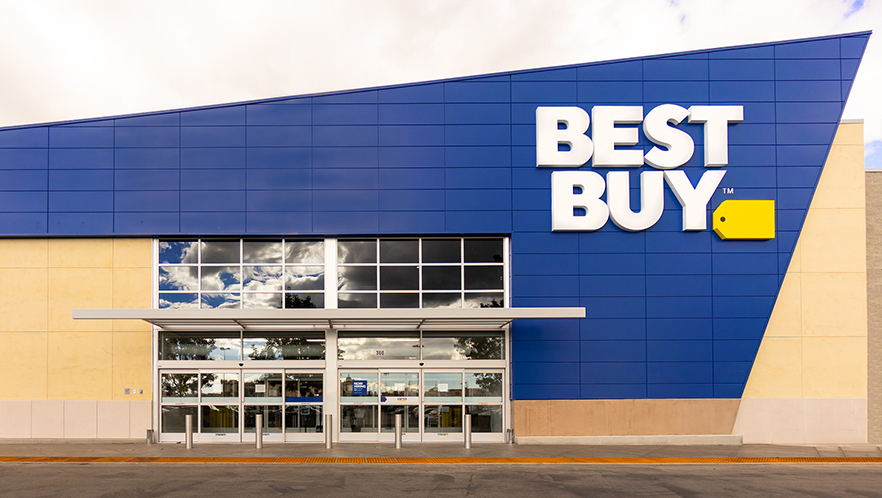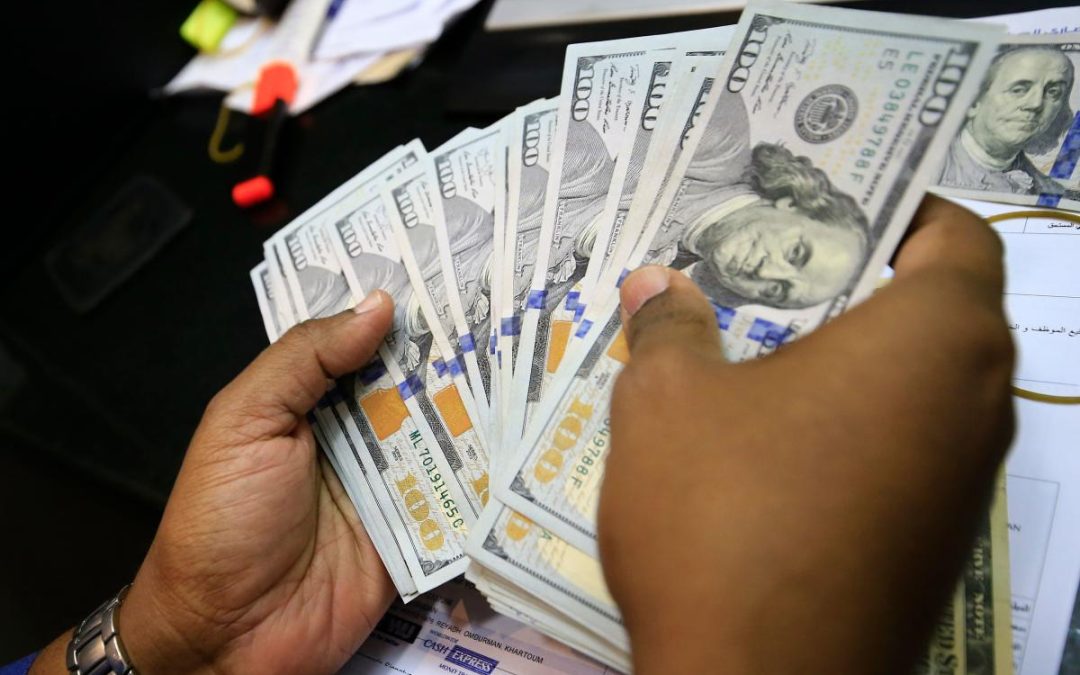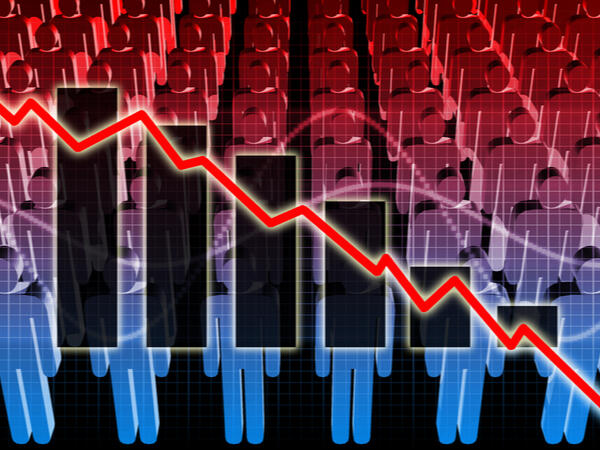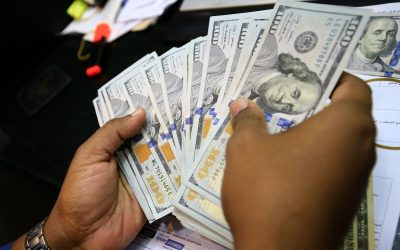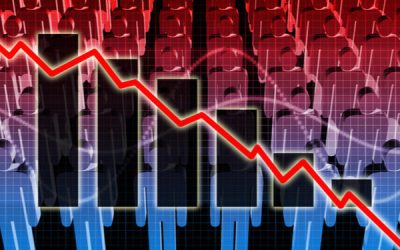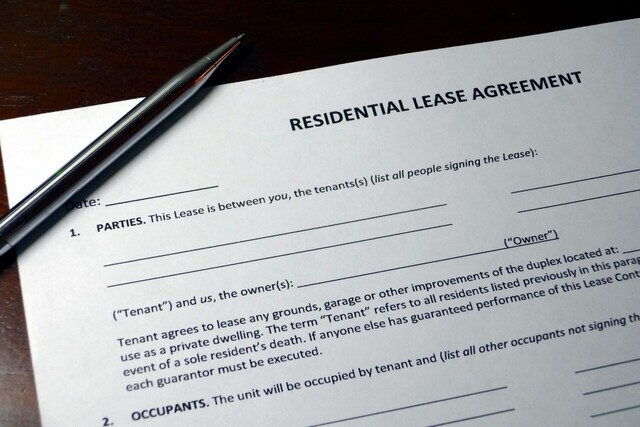Best Buy cut its sales forecast for the whole year on Tuesday as the company deals with a time of lower demand and gets ready for shoppers who are looking to save money over the holidays.
The store that sells gadgets did better than Wall Street expected in terms of quarterly earnings, but not in terms of sales.
Best Buy now thinks that its fiscal year sales will be between $43.1 billion and $43.7 billion, which is less than the $43.8 billion to $44.5 billion number it had before. The store said it thinks similar sales will drop by between 6% and 7.5%, which is less than the 4.5% to 6% drop it had previously predicted.
It also changed the high end of its profit forecast. Now, it says it thinks adjusted earnings per share will be between $6 and $6.30, down from between $6 and $6.40.
In a news release, CEO Corie Barry said that Best Buy thought sales of consumer goods would be lower this year. This is because the Federal Reserve is still trying to lower inflation by raising interest rates. However, shopper demand “has been even more uneven and difficult to predict,” she said.
This store is ready for the holiday season, she said, and “prepared for a customer who is very deal-focused with promotions and deals for all budgets.”
Based on a poll of analysts by LSEG (formerly known as Refinitiv), here’s how the company did in the fiscal third quarter compared to what Wall Street thought it would do:
adjusted earnings per share vs. expected earnings per share of $1.18
$9.76 billion in sales instead of the $9.90 billion predicted
Best Buy, like home improvement stores, is seeing a drop in demand. This is after years of higher demand for computer monitors, home theatres, and appliances during the COVID outbreak. Customers are once again spending money on events like plane and concert tickets. They also have less money for extra purchases because they have to spend more on things like food that they need.
Barry had told investors before that she thought this fiscal year would be “the low point in tech demand” before sales started to rise again.
People with better incomes are more likely to shop at Best Buy than the average person. This has helped keep the store’s stock from falling even more as inflation hits consumers. Barry told investors on an earnings call that some customers picked cheaper TVs during the quarter, but the company didn’t see as much trade-down in other areas. She said that compared to the same time last year, the percentage of sales from high-end items and purchases over $1,000 stayed the same.
Deals on consumer goods, on the other hand, have become more common. Barry said that deals and prices in the industry are better now than they were last year and in the fiscal year of 2020 before the pandemic.
From October 28 to November 30, Best Buy’s net income dropped from $277 million, or $1.22 per share, the same time last year to $263 million, or $1.21 per share. From $10.59 billion a year ago, sales went down.
Comparable sales, which include sales online and at shops open for at least 14 months, dropped by 6.9% year over year and by 7.3% in the U.S. as people bought fewer electronics, computers, home theatres, and cell phones. The company said that sales of games did go up.
In the U.S., Best Buy’s online sales went down by 9.3%.
Best Buy was able to make more money even though fewer people were buying things. This was possible because it had lower supply chain costs, made money from its annual membership programmer, and sold goods with better margins. Best Buy stock fell less than 1% on Tuesday, ending the day at $67.62. The company’s stock has dropped about 16% so far this year, which is less than the 18% rise seen in the S&P 500 during the same time period.

